Warning for investors, not just environmentalists, in fossil fuel spending: Don Pittis
What if pipelines, oilsands and power plants don't last long enough to pay off?
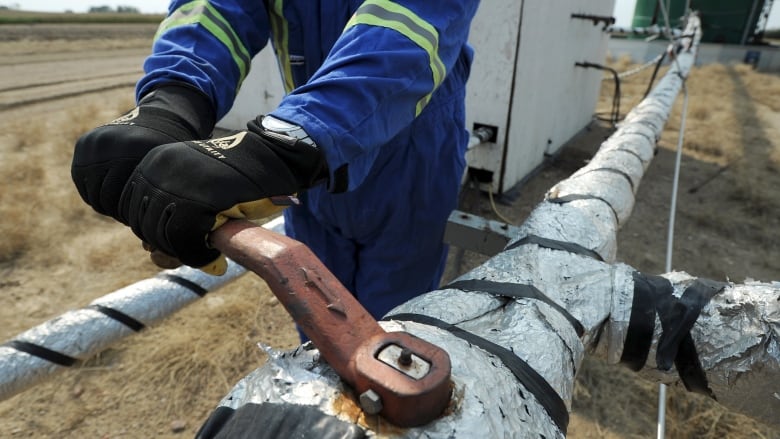
It is no surprise whencommitted environmentalists scoff at new investments in pipelines and oilsands.But a new study indicatesthat self-interestedinvestors should also be wary.
As the Canadian Association of Petroleum Producers announces a $50 billion drop in Canadian oil and gas investment, the new research raises concerns about thevaluation of any future investments, saying they may not last long enough to pay off.
- Investment in Canada's oilpatch expected to plummet by $50B
- Junior oil sector hit hardest amid downturn
The report, published in the academic journal Applied Energy,does not focus directly on pipelines or oilsands development. Instead,it addresseselectrical power plants drivenby fossil fuels.
Extending stranded assets
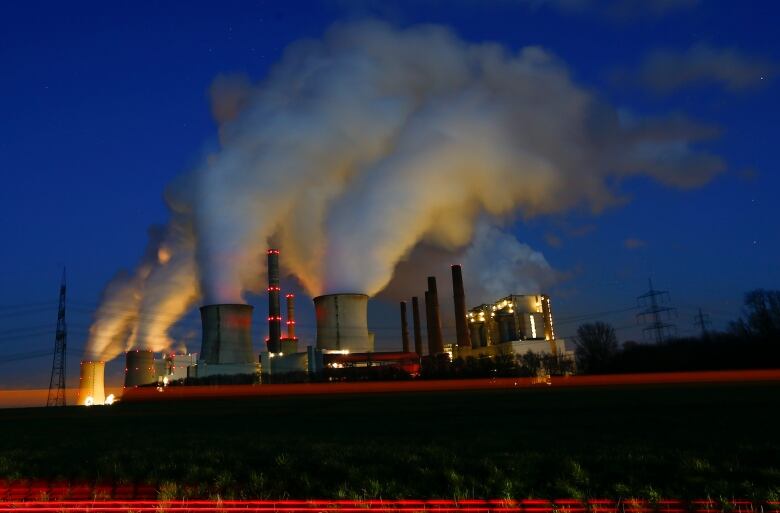
The stranded-assets concept has been widely discussed by the financial industry, including by Bank of England governor Mark Carney, in regard to the fossil fuel industry.
The idea describes how companies, andpotential investors in those companies, should assess the value of corporatereserves of coal, oil and gas.
If extracting those assets would seriously damage the worldflooding trillions of dollars worth ofcoastal land, for instancethen it is completely unreasonable for a company to calculate the value of proven reserves in the traditional manner. It will never be permitted to extract them.
High and dry?
To clarify, it might help to move away from the oil and gas industry.
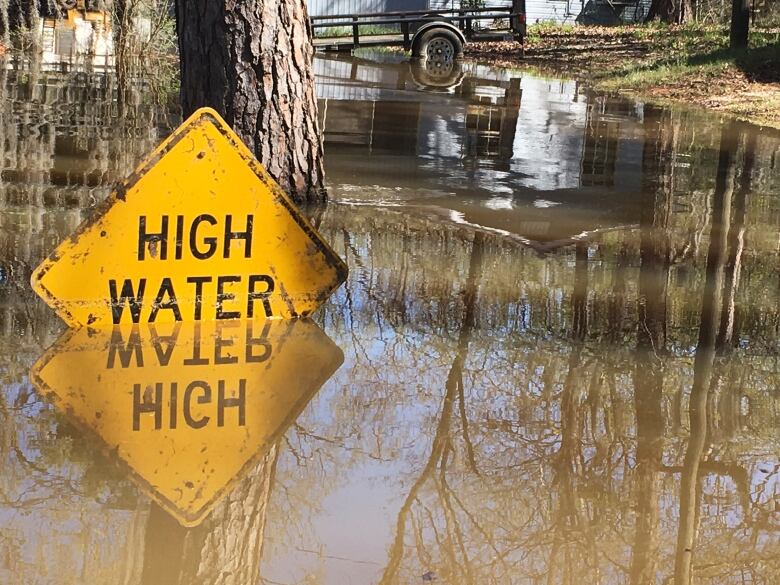
Now imagine thatchanginghealth concernsmeanthat most of that asbestos maynever be mined orexported. The asset still exists, it is still being mined, but for the purpose of valuations, most of that asbestos is strandedunderground for the foreseeable future.
No smart investor is going to lend the company its money using that $1 billion worth of asbestos as collateral.
Coal already suffering
The analogy to the coal industry has already become apparent. China and many other placesare sharply reducing the use of coal. The world's enormousunderground coal reserves have been slashed in value.
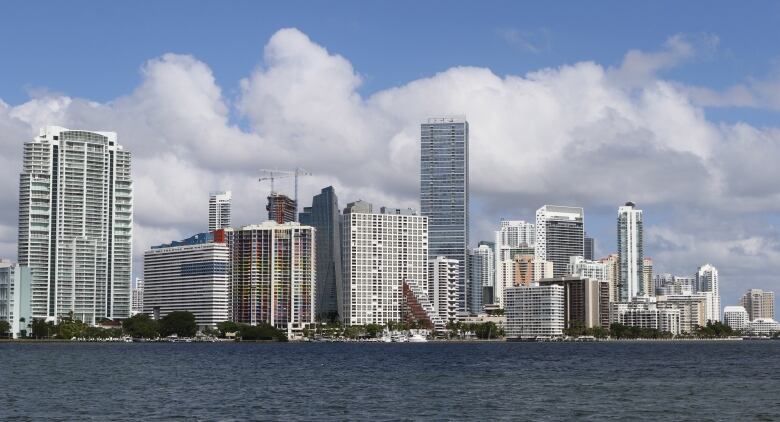
"Investors putting money into new carbon-emitting infrastructure need to ask hard questions about how long those assets will operate for, and assess the risk of future shutdowns and writeoffs," says Cameron Hepburn, one of the academics involved in new study.
The hard questions investorsface include whether the investments will pay off.
The study discusses electricitygenerating plantsbut, as Hepburnsays, the same thing applies to any other energy investment.
Payback time
Like power plants, pipelines and new oilsands operations take decades to earn back their initial investment costs. If the investor is sure the stream of future income is secure, the investment is well worthwhile.
But the Oxford researchers calculate that for the world to limit climate change to2C as agreed at COP21 in Paris,many planned new energy developments cannot go ahead.Or, if theygo ahead, other existing projects will have to be shut down.
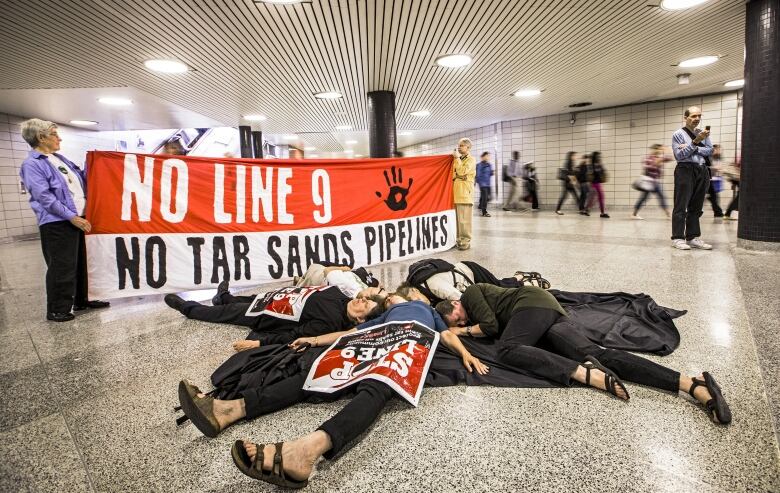
"If the 2C target is to be taken seriously, then current and future assets will have to be written off before the end of their economically useful life (become stranded assets) or we will have to rely on large-scale investments down the linein carbon capture and storage technologies that are as yet unproven and expensive," says the report.
Some of the proponents of Canadian pipelineand oilsands investments reject the climate change argument. For investors considering whether to invest, whether climate change is true or notreally doesn't matter.
For their own financial benefit, what investors must consider is whether the climate risk has been properly calculated into the future income stream.
If investors in power plants, pipelines and new oil development go aheadwithout proper regard to climate risk and find those assets stranded, they will beworth less than advertised.
Follow Don on Twitter@don_pittis
More analysisby Don Pittis












_(720p).jpg)


 OFFICIAL HD MUSIC VIDEO.jpg)
.jpg)



























































































